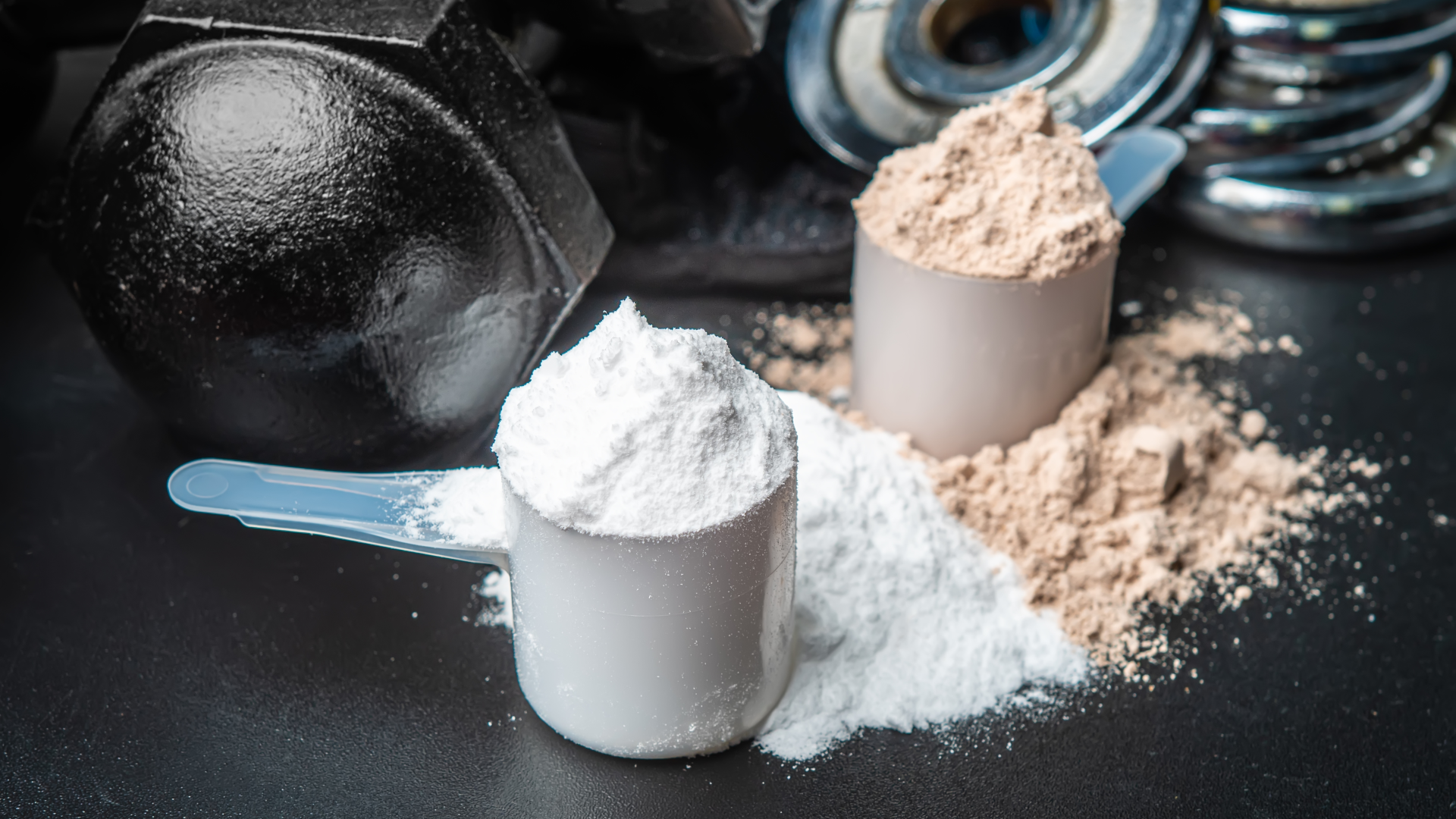Straight to the point…
|
Whey protein powder aims to help you get fitter, leaner and healthier. Those who use protein powders are looking for a safe and nutritious way to improve the results they achieve from resistance and cardiovascular training. So when you hear rumors of the negative effects excess protein can have on your kidneys, it is no wonder you feel a little concerned.
Yes, you want to look great, but not at the expense of your health!
But does a healthy gym-going adult have anything to worry about?
And what about all the awesome health benefits we will miss if we restrict our portion intake?
At Crazy Nutrition, we always stick to science. So let’s look at what the experts think; is consuming whey protein powder safe for our kidneys?
What is whey protein?
Protein comprises the essential amino acids our body needs for functions such as building muscle, hormone regulation and cell repair.
Dietary protein is found in many foods; beans, eggs, red meat, chicken, legumes and greek yogurt are all excellent dietary protein sources.
However, getting enough protein to fuel their muscles properly is a challenge for those who spend a lot of time in the gym.
Whey protein powder is a helpful solution - it is a low-calorie protein source that can be added to water, shaken up, and drunk on the go.
|
Whey protein is a by-product of the cheese-making process, meaning it is a milk-based protein. |
There are multiple types of whey protein, including
- Whey protein concentrate,
- Whey protein isolate
- Hydrolyzed whey protein.
The best quality whey products contain at least 20g of protein per serving, although depending on how they are processed, they can contain up to 90% per serving.
- Related content: Whey protein concentrate vs Whey protein isolate: what is the difference
How much protein should you consume?
How much protein you will need to consume will depend on your diet, but a healthy adult should consume at least 0.8g of protein per kilogram of body weight.
This amount will promote standard bodily functions ie. anything to do with cell growth and regeneration.
However, if building muscle is your goal, you’ll need quite a bit more protein to support your workouts.
|
If you are building muscle, you should get around 2g grams of protein per kilo for at least the first 12 weeks. You can drop this down to 1.8g of protein per kg of weight after this initial training period. |
So, for a man that weighs around 85kg that is looking to build muscle, that will mean consuming 170g of protein in a day. That equates to around 13 eggs or five chicken breasts in a day (which is quite a lot).
Consuming this protein level within your calorie restrictions can be difficult, which is why whey protein supplements and shakes are often used to complement a good diet.
- Related content: How to get enough protein into your diet
How could consuming whey protein impact your kidneys?
Your kidneys have a tough job!
We rely on them to filter out waste and extra liquid from our bodies via urine, and we take in a lot of both every day. Also, protein contains a substantial concentration of microbes, which need to be filtered out.

This has left some concerned that drinking whey protein shakes, or consuming many high-protein meals, will overload their kidneys. And if you are consuming high levels of protein over a long period, there is some concern that this could damage kidney function or lead to kidney stones.
However, with all the waste processing our kidneys are already doing, adding a daily protein shake is unlikely to cause any adverse effects - and there is no evidence to suggest that long-term use of whey protein has any negative impact on kidney function.
For most, the excellent health benefits attributed to a high-protein diet (such as better bone health, increased metabolic rate and hormone regulation) make high-quality whey protein supplement a safe and nourishing product.
These statements refer to how the protein interacts with a healthy adult body. However, there are some instances where increasing your protein intake could affect your kidneys.
Is there anyone for whom whey protein isn't safe?
Of course, there might be some scenarios where protein supplements are unsafe.
For example, if you are suffering from advanced renal disease, restricting your protein intake could slow the condition's progression. In addition, some evidence suggests limiting your protein intake is a good idea, even for those with more moderate kidney disease levels.
In these instances, adding additional protein to your diet is not advisable. So, if you have any form of kidney disease, you must avoid protein shakes unless your doctor explicitly advises that it is safe for you to use them.
How do I know if I have kidney disease?
The only way to know if you have reduced kidney function is by speaking to your doctor and undergoing medical testing, but here are some warning signs to look out for:
- Blood in your urine
- Swollen feet or hands
- Muscle cramping
- Shortness of breath
- Fatigue and/or insomnia
- Itching
- Sickness and/or headaches
These symptoms are common to a lot of illnesses and most of the time they don’t indicate anything serious. But if you are concerned about your kidney function, it could be worth ditching the protein shakes until you have your test results.
What about the prevention of kidney disease?
You would be forgiven for assuming that a high protein intake could increase your chance of chronic kidney disease, but this isn’t the case. In fact, the opposite might be true.
The two major risk factors for kidney disease are high blood pressure and diabetes, and having a high-protein diet reduces your chances of developing both.
So assuming that you aren’t going crazy on the protein intake and that you are otherwise healthy - a protein-based diet can help reduce the chances of many health conditions.
Of course if you have any reservations then please speak to your healthcare provider.
So, Is whey protein powder safe?
High-quality, FDA-approved whey protein supplements are safe for healthy adults with normal kidney function.
Increasing your dietary protein intake not only helps you build muscle and perform better at the gym, it also has fantastic benefits for your overall health and well-being.
If you have any medical issues relating to your kidneys, speak to your doctor about your diet to ensure that you are doing everything possible to support your recovery.
This will likely include sticking to a low-protein diet (including avoiding whey protein supplements) to allow your kidneys time to heal.
Otherwise if you’d like to check out our TRI-protein whey products, you can check them out here.
 Related Articles
Related Articles

What is whey protein (and do you need to take it)?
Is whey protein gluten-free? Everything you need to know…
Why is Crazy Nutrition whey protein powder more expensive than others?



